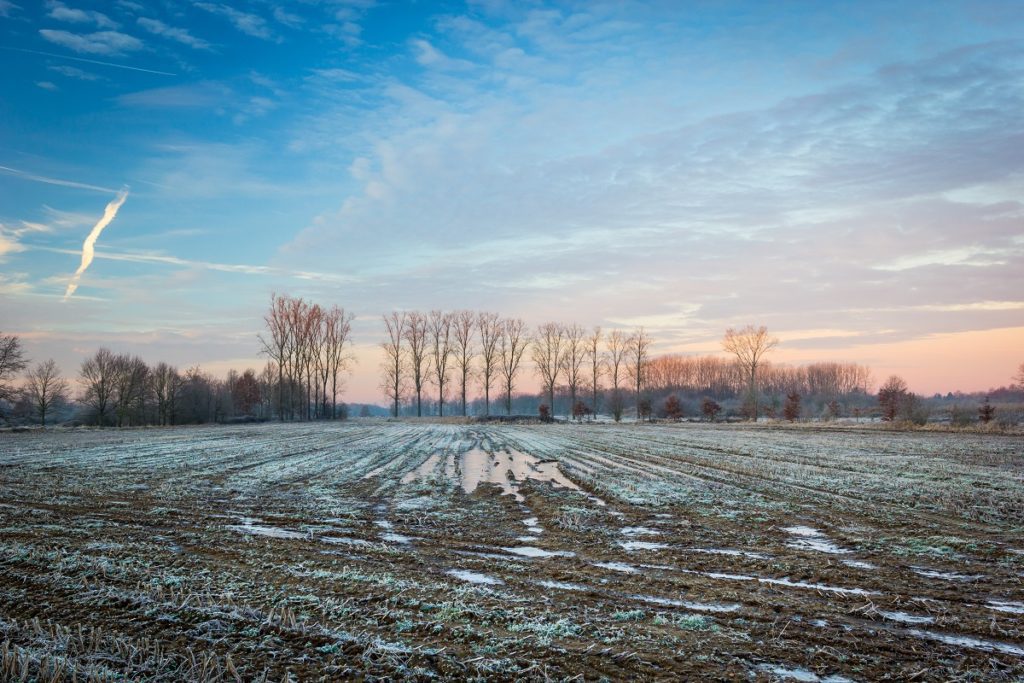Mar 23, 2021Warmer soils in Illinois could indicate healthy insect populations for spring
Despite the cold weather this February, winter soil temperatures averaged 1 to 2 degrees higher than the long-term averages in Illinois, indicating a greater chance of insects surviving the winter, according to Jennie Atkins, Water and Atmospheric Resources Monitoring program manager at the Illinois State Water Survey.
Soil temperatures were slightly warmer than normal at the 4-inch depths. Under sod, temperatures averaged 36.3 degrees for the season, 1.3 degrees warmer than historical averages but 1.7 degrees cooler than winter 2019-2020. Seasonal lows fell into the 20s during February’s cold days in regions with little or no snow cover.
Temperatures under bare soil were slightly cooler with a seasonal average of 35.4 degrees, 1.6 degrees warmer than normal and 1.4 degrees lower than last winter.
Soil temperatures rose at the end of February as temperatures at 4 inches under sod increased 9 degrees the last week to a statewide average of 41.2 degrees on Feb. 28. Daily highs in the low 50s were reported in southern Illinois, while the north still had temperatures in the low to mid-30s.
How do these temperatures affect insect survival? Insects not only overwinter in different life stages, but also in different locations. Some overwinter in the soil while others spend the winter months in leaf debris, grass, or even under tree bark.
Generally, warmer temperatures favor insect survivability, according to Kelly Estes, coordinator of the Illinois Cooperative Agriculture Pest Survey.
Despite the very cold February, both soil and air temperatures were slightly warmer than average. A few different factors can affect insect survivability, such as dramatic temperature swings, snow cover, and even soil moisture.
“Given the similarity of this past winter’s temperatures with that of 2019-2020, we have a good chance of seeing many familiar insects this upcoming year,” Estes said. “It is important to remember that April and May weather can also affect insect populations heading into the growing season, especially if we see a wet spring or a late cold snap.”
– University of Illinois















